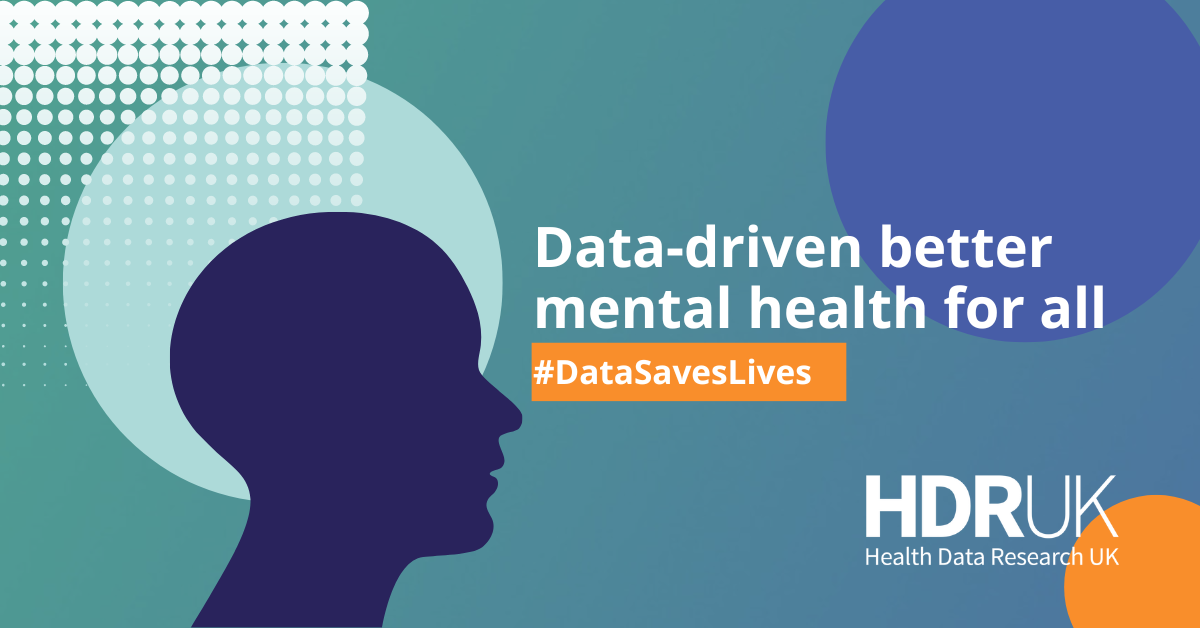Rob Stewart
Co-Director of DATAMIND, Health Data Research Hub for Mental Health, and Professor of Psychiatric Epidemiology and Clinical Informatics at King's College London

Rob Stewart is Co-Director of DATAMIND, the Health Data Research Hub for Mental Health, and Professor of Psychiatric Epidemiology and Clinical Informatics at the Institute
of Psychiatry, Psychology and Neuroscience, King’s College London. He also works as a
Consultant Old Age Psychiatrist at the South London and Maudsley NHS Foundation Trust,
providing mental healthcare input for older general hospital inpatients. Rob began his
research career investigating risk factors for dementia and other mental health disorders
experienced by older people and he continues to support this field, as well as wider
investigations into the relationship between physical and mental health.
Rob has been Academic Lead for the Clinical Record Interactive Search (CRIS) platform at the
Maudsley since its development in 2007. CRIS is a pioneering model, both technical and
governance, that enables information from electronic mental health records to be used for
research – securely and in an anonymised format. Information from routine care can
therefore be used, at unprecedented scale and detail, to investigate and improve services,
particularly important in mental health where research funding has traditionally been slim
and studies hard to recruit to.
Under the direction of Rob and his Maudsley Co-Lead Matthew Broadbent, and delivered by
a growing team of experts working at the Maudsley’s NIHR Biomedical Research Centre,
CRIS has become an influential and internationally leading resource for mental health
research, supporting over 250 publications to date and many academic grants and
fellowships. CRIS has been linked successfully with a range of other information resources –
both within healthcare (e.g. national Hospital Episode Statistics, National Cancer Registry)
and from other sources (e.g. National Pupil Database, Department for Work and Pensions).
CRIS has also been enhanced by a large number of ‘natural language processing’ algorithms,
designed to extract clinically important information from text fields in the health record
(e.g. case notes and correspondence) and thus transforming the detail of information
available on large numbers of people – an example of healthcare ‘big data’.
One particularly important CRIS linkage is with local primary care and acute care data, and
Rob has been leading work to improve routine surveillance and intelligence-gathering across
healthcare sectors as part of his contribution to the HDR UK Improving Public Health
research priority.
The UK has exciting potential to lead the world in the field of mental health data science,
and Rob will be bringing his experience of achieving demonstrable and practical progress in
this field as Co-Director of DATAMIND, focusing on translating this novel research capability
into improved clinical care.



